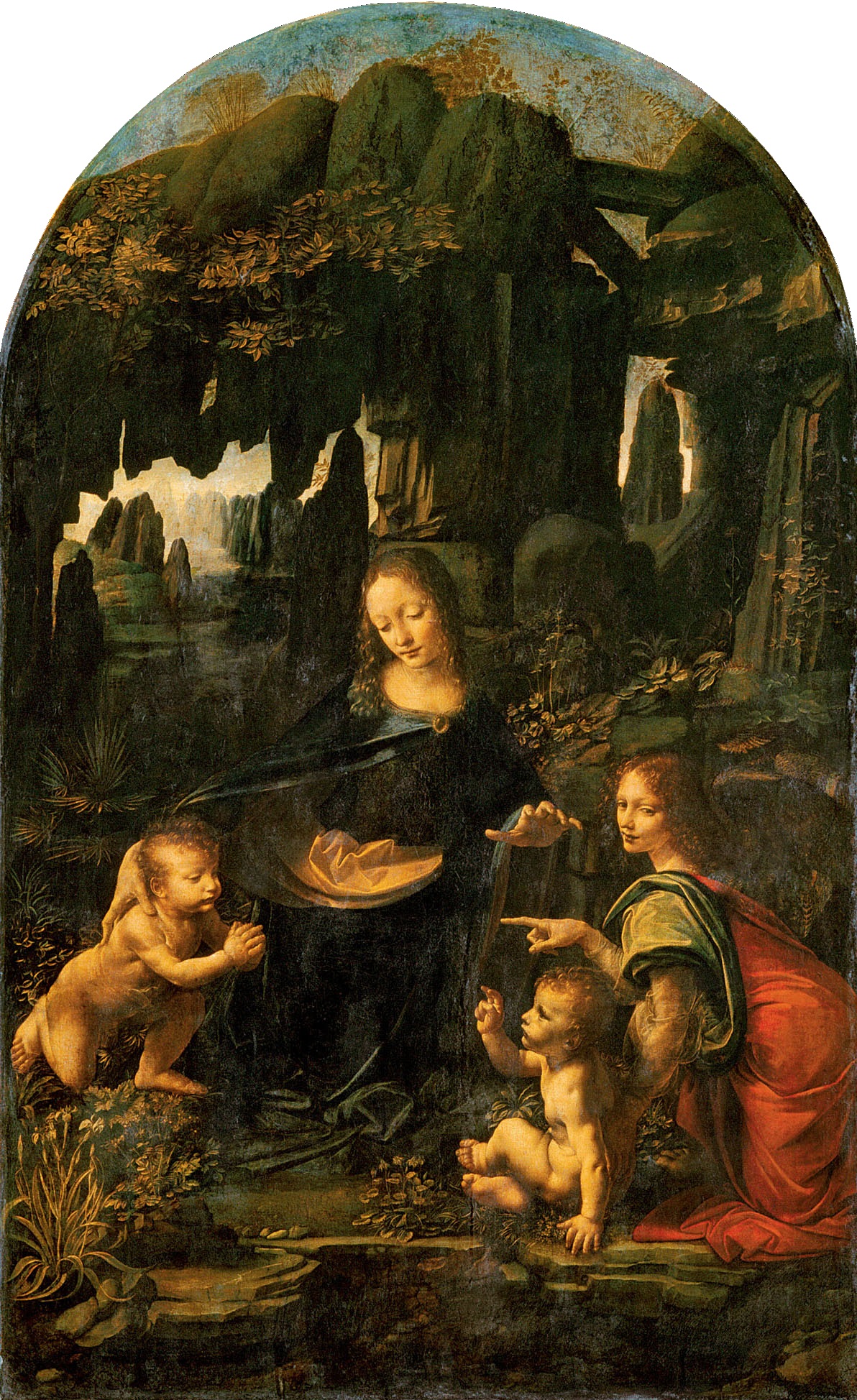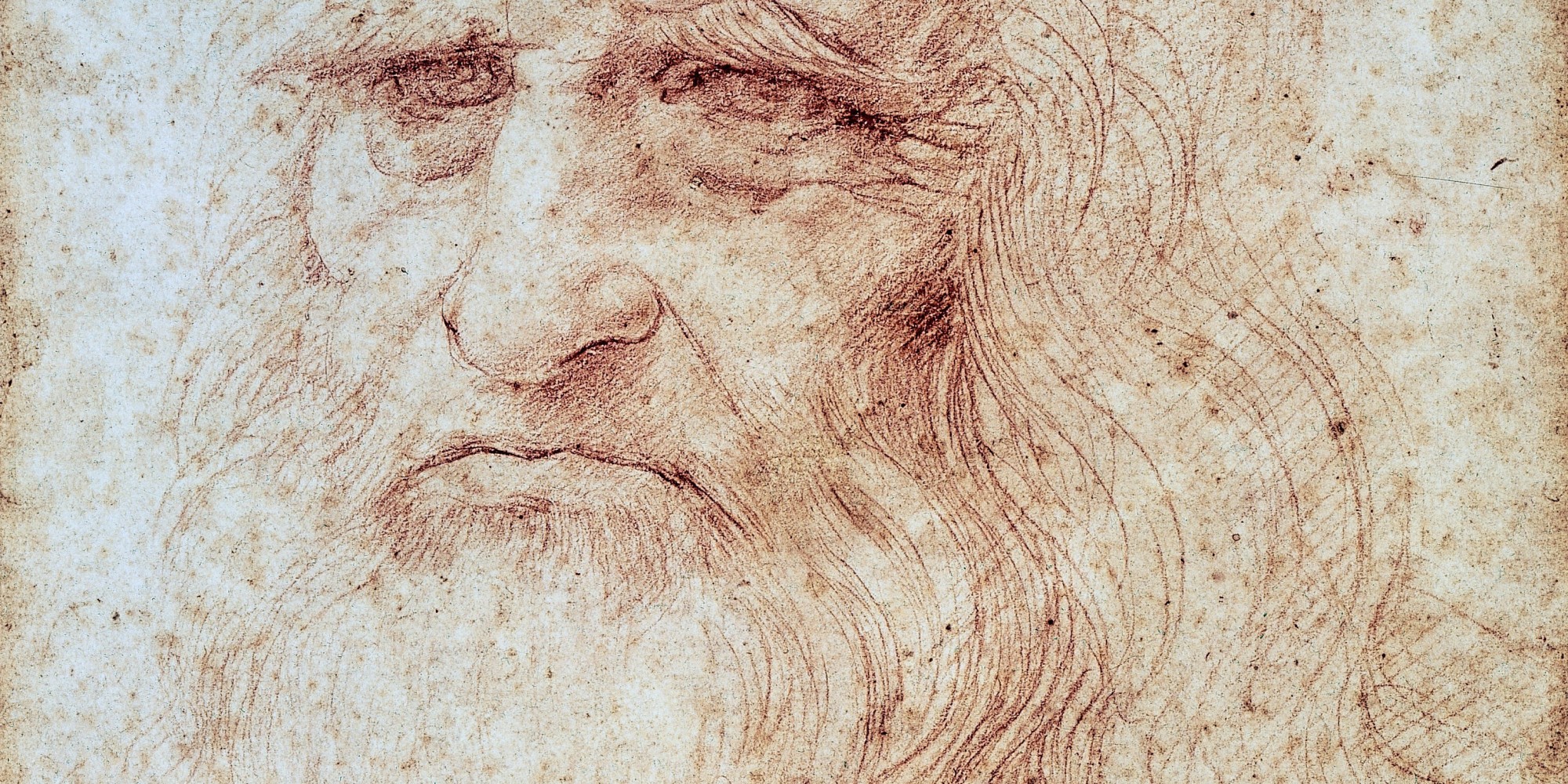Before I will give a voice to our dearest Portuguese contributor Artur (as today is Wednesday Thought on Art:) I want to thank you for the avalange of birthday wishes and donations. THANK YOU and Happy Hollidays :) -Zuzanna
Under the cover of everyday life a whole world is concealed, a world of primary ideas, key conceptions and root notions, on which our identity is based. This is the realm of the ideal, cornerstone notions that sustain ever more elaborated impressions. For the bright artists and philosophers of the Renaissance, creation was aimed to reveal these invisible strings, so their work is idealised, it establishes perfect harmony, scrupulous composition, everything is set to reveal a “more than real” truth - inspired by the ancient thought of Plato, that argues the existence of a supra-reality, field of perfection from which our own realm is emanated. When we think of the Renaissance da Vinci is the first name to strike us, he has embodied the humanistic symbol with his genius.
In his paintings this “revelation” also takes place, the balance of colour and form, the geometry of the composition (can you see the symbolic Pyramid represented by the Madonna, John the Baptist on the left, Gabriel the Angel and Christ on the right?), the meaning of the gestures and arrangements… everything is an element set to disclosure a supreme truth. Almost six centuries have past, philosophy and science have changed dramatically, and still we are surrounded by symbols. We continue to elaborate “supra-real” conceptions and rituals to sustain meaning. And this is the time of the year to remember, through symbolism, the principles of goodness, love, family, integrity and solidarity, regardless of how real you think the metaphor is: please don’t let Christmas became a mere time of consumerism - because we are made of ideals, stand for the one it should represent.
Artur Deus Dionisio


 Leonardo da Vinci
Leonardo da Vinci